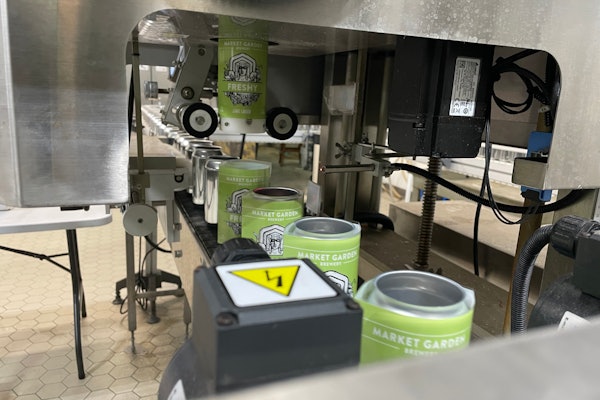Sercos, with national offices in North America and Asia, drew more than 600 participants to Tokyo and more than 330 visitors to Osaka to attend this year’s Industrial Open Networks Fair on July 7 in Osaka and July 9 in Tokyo. As well as an exhibition with products from about 50 providers, the fair included a range of seminars, including a Sercos International seminar on “Real-time Ethernet with Internet.” About 40 visitors took part in the seminar in Osaka, which was organized by Bosch Rexroth on behalf of the user organization. The seminar in Tokyo was fully booked with 66 participants.
Visitors to the event were also introduced to an implementation in which the OPC-UA Companion Specification for Sercos is reflected. The specification describes how the Sercos information model is mapped onto OPC-UA so that the functions and data provided by Sercos devices are accessible via OPC-UA. The aim is to facilitate data exchange between the machine periphery and superordinate IT systems and support the requirements of Industry 4.0 with respect to semantic interoperability.
PLCopen, meanwhile, whose world headquarters is in the Netherlands, is inviting all interested parties to give feedback on a document released by a working group formed in 2013 to create guidelines on the software construction process with a focus on IEC 61131-3. The goal of this working group is to provide the definition of Rules, Coding Patterns, and Guidance on how to use them in industrial automation. The document the group would like interested parties to revew is called Release for Comments of the Coding Guidelines.
PLCopen points out that although there are coding guidelines for many programming languages, these are nearly non-existent for the important area of industrial control, e.g. IEC 61131-3 and its PLCopen extensions. Nevertheless, the software powering industry today is increasingly important while software projects become larger and the costs of errors increase. Software today absorbs half of the initial project costs and between 40% and 80% deals with maintenance over the life cycle costs of the software.
Large automation companies have their own rules, but many mid-sized companies or newcomers are very interested n a helping hand as provided by these PLCopen guidelinies. The rules will be very useful to train users and can be a good basis for universities to help them teach IEC 61131-3 programming more efficiently.
The document can be downloaded from www.plcopen.org. Feedback can be given through October 23, 2015.

























